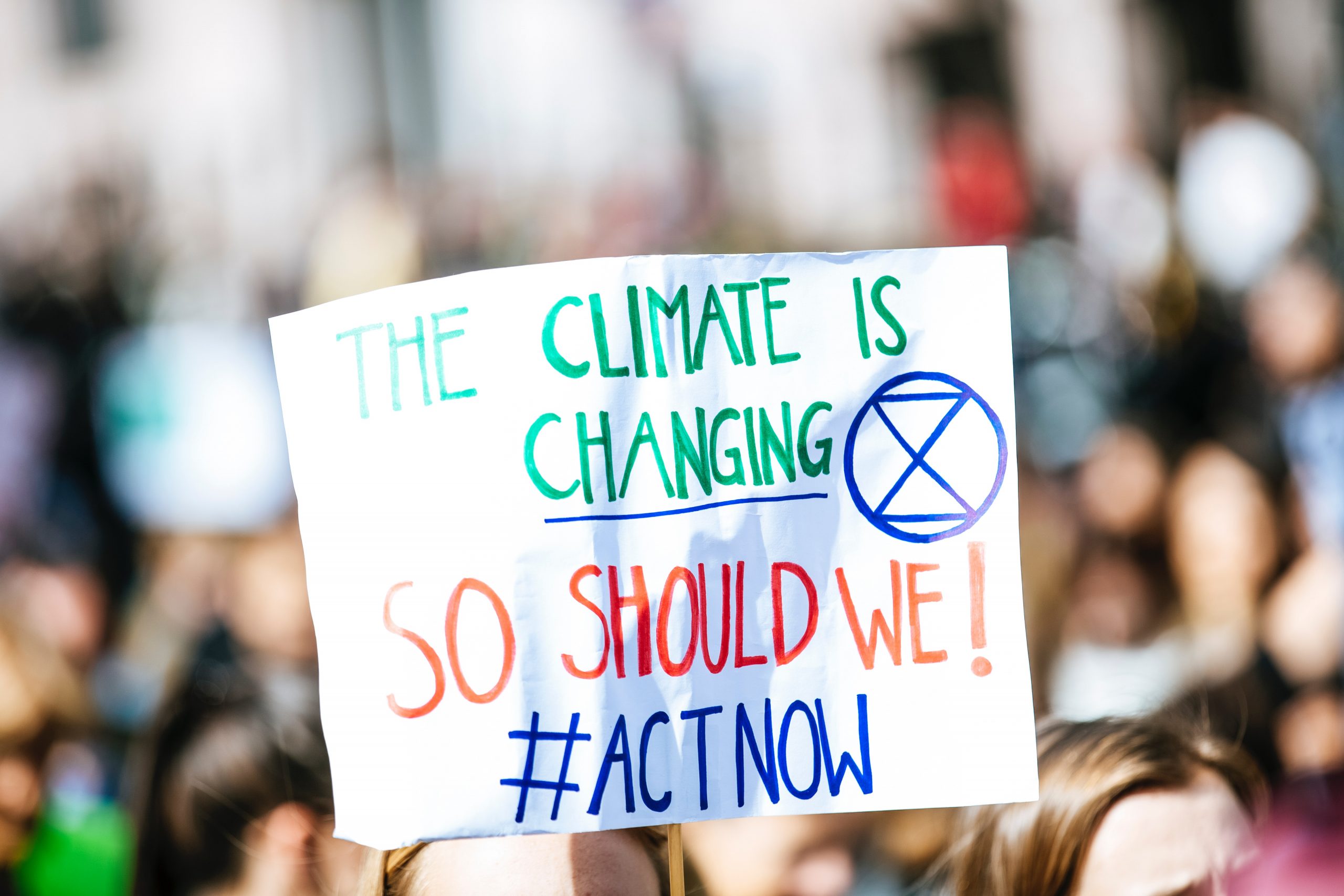What is climate change? UN Secretary-General Ban Ki-moon has referred to climate change as the “defining challenge of our time”. NASA however, defines climate change as a change in Earth’s climate, which could be a change in Earth’s usual temperature for a season. It involves large-scale shifts in weather patterns and global warming due to human use of fossil fuels that release carbon dioxide and other gases into the air causing a greenhouse effect. Climate change poses a global threat that is beyond national borders and requires coordinated solutions and international cooperation. It results in temperatures rising higher than the normal, altered patterns in rainfall, and more intense and frequent events of drought, heatwaves, and storms, of which an example is the recent Tropical Storm Grace in Haiti. Some of the reasons why there is a need to assess the risks of climate change are;
- Uncertainty in the probability and outcome of risks
Climate change risks are generally a combination of the probability of an occurrence and the outcome of that occurrence. Neither are known with certainty since it’s difficult to know precisely the magnitude of the changes or their associated outcomes, and it is unclear as to whether there will be an increase or a decrease in rainfall in some regions. Also, decision-makers might not know the threshold at which an impact of climate change has a particular level of consequence for their organization. For the reputation of an organization, climate change risks arise from a chain of consequences that may directly affect its capacity to serve its customers.
- Likelihood of more acute risks in future
With the daily change in climate posing risks to people and organizations, there is a need for assessment to aid in dealing with this routine variability in climate. When doing this, organizations cannot simply assume that the prevailing climate will remain consistent for over 50 or 100 years. This is because of the changes in the severity and frequency of climate events, and their average conditions. In a few years to come, we can expect the climate to get warmer, with different rainfall patterns, lesser moisture retention in the soil, and more severe storms. It would progressively be different from the current climate, but with similar and more acute risks and challenges.
- Global effect
The pervasive effects of gradual or abrupt climate change will pose risks to every person and every private or public organization at all levels, affecting day-to-day operations. They will affect economic performance, environmental issues, infrastructure, social behavior, and other aspects of human existence.
- Need for adaptation
As climate changes, there is a need for human behavior to adapt in order to accommodate it. Although that is the inevitable tendency of people and organizations, effective adaptation requires an awareness of climate change risks and an understanding of the relative significance of those risks.
To get knowledge on how to assess and manage risks posed by climate change, enroll in an intensive and detailed course in Disaster Risk Reduction & Management (DRRM).







